
Bruce Bower has written about the behavioral sciences since 1984. He often writes about psychology, anthropology, archaeology and mental health issues. Bruce has a master's degree in psychology from Pepperdine University and a master's degree in journalism from the University of Missouri. Following an internship at Science News in 1981, he worked as a reporter at Psychiatric News, a publication of the American Psychiatric Association, until joining Science News as a staff writer. In 1996, the American Psychological Association appointed Bruce a Science Writer Fellow, with a grant to visit psychological scientists of his own choosing. Early stints as an aide in a day school for children and teenagers with severe psychological problems and as a counselor in a drug diversion center provided Bruce with a surprisingly good background for a career in science journalism.

Trustworthy journalism comes at a price.
Scientists and journalists share a core belief in questioning, observing and verifying to reach the truth. Science News reports on crucial research and discovery across science disciplines. We need your financial support to make it happen – every contribution makes a difference.
All Stories by Bruce Bower
-
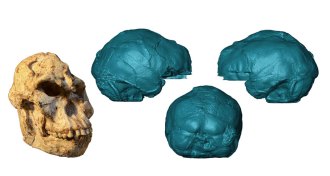 Anthropology
Anthropology‘Little Foot’ skeleton reveals a brain much like a chimp’s
An ancient skeleton dubbed Little Foot points to the piecemeal evolution of various humanlike traits in hominids, two studies suggest.
-
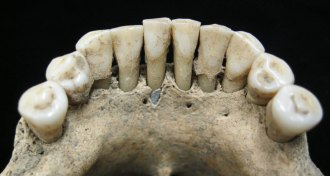 Anthropology
AnthropologyPaint specks in tooth tartar illuminate a medieval woman’s artistry
Tooth tartar unveils an expert female manuscript painter buried at a German monastery.
-
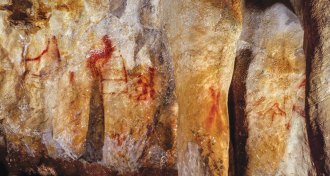 Anthropology
AnthropologyHuman smarts got a surprisingly early start
Human ingenuity began on treks across Asia and in fluctuating African habitats.
-
 Archaeology
ArchaeologyCorn domestication took some unexpected twists and turns
A DNA study challenges the idea people fully tamed maize in Mexico before the plant spread.
-
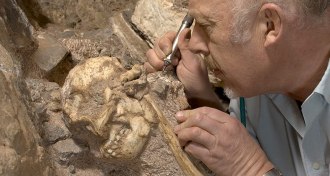 Humans
Humans‘Little Foot’ skeleton analysis reignites debate over the hominid’s species
Long-awaited analyses of the Little Foot skeleton have researchers disagreeing over resurrecting a defunct species name.
-
 Genetics
GeneticsA 5,000-year-old mass grave harbors the oldest plague bacteria ever found
DNA from an ancient strain of the plague-causing bacterium could help uncover the origins of the deadly disease.
-
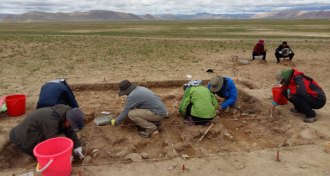 Archaeology
ArchaeologyStone Age people conquered the Tibetan Plateau’s thin air
Stone tools that are at least 30,000 years old suggest that people settled the high-altitude Tibetan Plateau earlier than scientists thought.
-
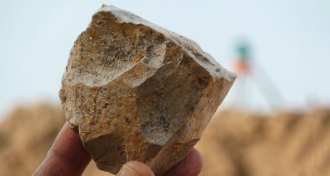 Archaeology
ArchaeologyStone-tool makers reached North Africa and Arabia surprisingly early
Ancient Homo species spread advances in toolmaking far beyond East Africa.
-
 Archaeology
ArchaeologyAn exploding meteor may have wiped out ancient Dead Sea communities
An archaeological site not far from the Dead Sea shows signs of sudden, superheated collapse 3,700 years ago.
-
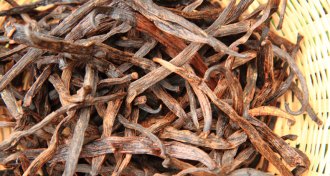 Archaeology
ArchaeologyA Bronze Age tomb in Israel reveals the earliest known use of vanilla
Residue of the aromatic substance in 3 jugs dates to around 3,600 years ago.
-
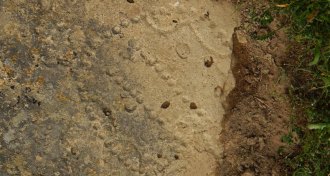 Archaeology
ArchaeologyA Bronze Age game called 58 holes was found chiseled into stone in Azerbaijan
A newly discovered rock pattern suggests that the game traveled fast from the Near East to Eurasia thousands of years ago.
-
 Anthropology
AnthropologySkull damage suggests Neandertals led no more violent lives than humans
Neandertals’ skulls suggest they didn’t lead especially injury-prone lives.